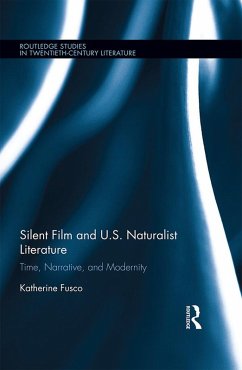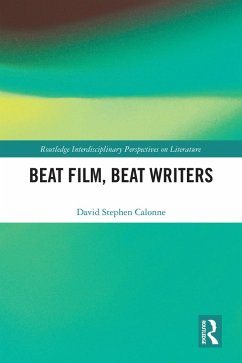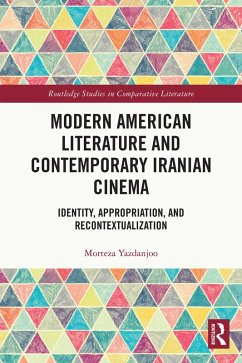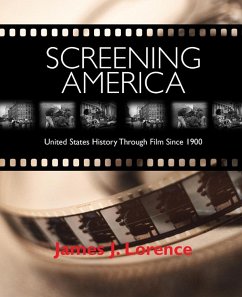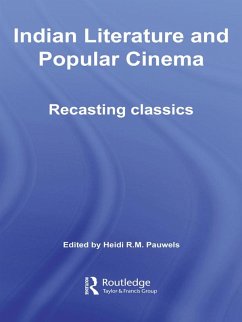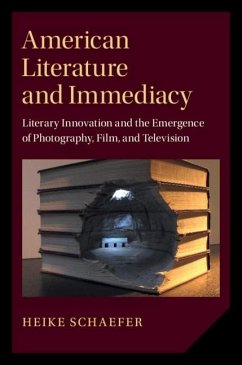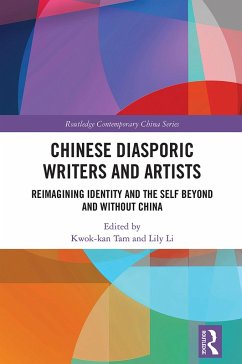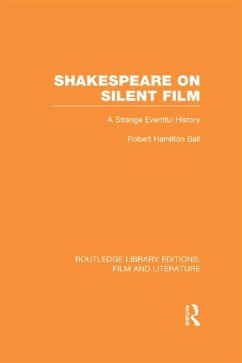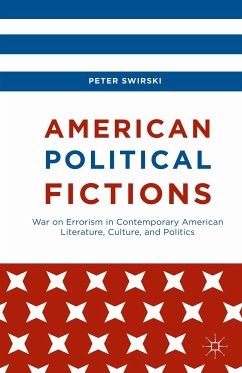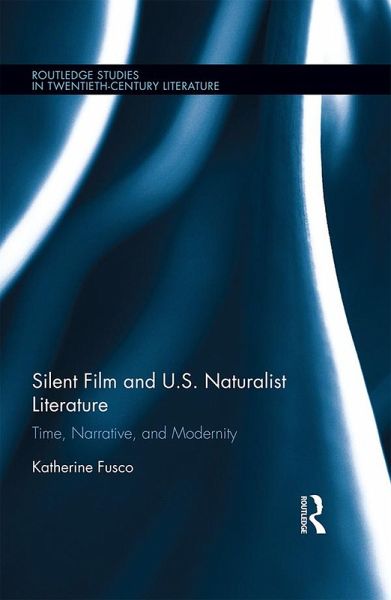
Silent Film and U.S. Naturalist Literature (eBook, ePUB)
Time, Narrative, and Modernity
Versandkostenfrei!
Sofort per Download lieferbar
42,95 €
inkl. MwSt.
Weitere Ausgaben:

PAYBACK Punkte
21 °P sammeln!
Typically, studies of early cinema's relation to literature have focused on the interactions between film and modernism. When film first emerged, however, it was naturalism, not modernism, competing for the American public's attention. In this media ecosystem, the cinema appeared alongside the works of authors including Charlotte Perkins Gilman, Jack London, and Frank Norris. Drawing on contemporaneous theories of time and modernity as well as recent scholarship on film, narrative, and naturalism, this book moves beyond traditional adaptation studies approaches to argue that both naturalism an...
Typically, studies of early cinema's relation to literature have focused on the interactions between film and modernism. When film first emerged, however, it was naturalism, not modernism, competing for the American public's attention. In this media ecosystem, the cinema appeared alongside the works of authors including Charlotte Perkins Gilman, Jack London, and Frank Norris. Drawing on contemporaneous theories of time and modernity as well as recent scholarship on film, narrative, and naturalism, this book moves beyond traditional adaptation studies approaches to argue that both naturalism and the early cinema intervened in the era's varying experiments with temporality and time management. Specifically, it shows that American naturalist novels are constructed around a sustained formal and thematic interrogation of the relationship between human freedom and temporal inexorability and that the early cinema developed its norms in the context of naturalist experiments with time. The book identifies the silent cinema and naturalist novel's shared privileging of narrative progress over character development as a symbolic solution to social and aesthetic concerns ranging from systems of representation, to historiography, labor reform, miscegenation, and birth control. This volume thus establishes the dynamic exchange between silent film and naturalism, arguing that in the products of this exchange, personality figures as excess bogging down otherwise efficient narratives of progress. Considering naturalist authors and a diverse range of early film genres, this is the first book-length study of the reciprocal media exchanges that took place when the cinema was new. It will be a valuable resource to those with interests in Adaptation Studies, American Literature, Film History, Literary Naturalism, Modernism, and Narrative Theory.
Dieser Download kann aus rechtlichen Gründen nur mit Rechnungsadresse in A, B, BG, CY, CZ, D, DK, EW, E, FIN, F, GR, HR, H, IRL, I, LT, L, LR, M, NL, PL, P, R, S, SLO, SK ausgeliefert werden.




